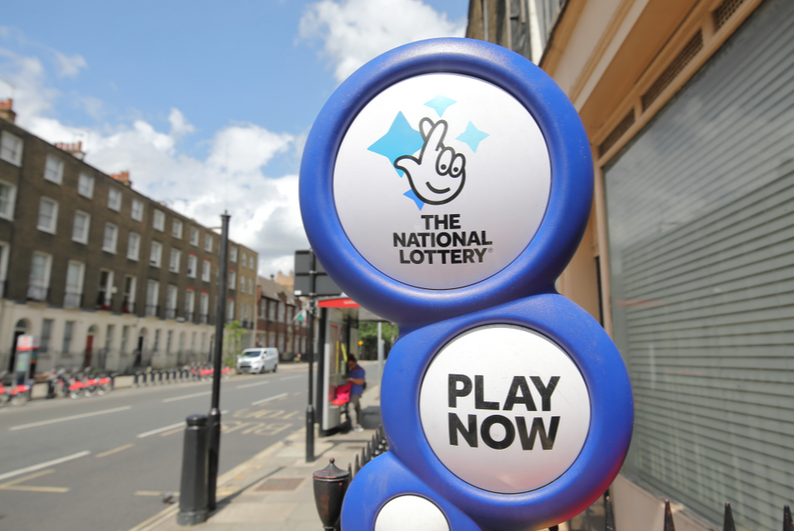Camelot holds off Allwyn
The United Kingdom’s National Lottery could be suspended for the first time in nearly 30 years following legal challenges.
Camelot has been in charge of the jackpot since its inception in the 1990s
Camelot has been in charge of the jackpot since its inception in the 1990s, although a plan to switch ownership over to Allwyn Entertainment was recently unveiled in April. Camelot, however, has issued a legal challenge to the Gambling Commission’s decision.
Now, the lottery’s estimated license transfer date of February 1, 2024 could be delayed, and players could miss out on multi-million dollar stakes.
Delaying the National Lottery transfer
The next license for the National Lottery will already be suspended for at least six months but could take even longer, depending on how long the judicial review takes.
“the lottery doesn’t operate to its full potential” or “doesn’t operate at all.”
The Gambling Commission’s chief executive director, John Tanner, said in court that delays would mean “the lottery doesn’t operate to its full potential” or “doesn’t operate at all.”
The UK recently dealt with another high-profile license transition in the sale of Chelsea Football Club. The ordeal began after former owner Roman Abramovich was sanctioned by the government for his ties to the Kremlin, causing his assets, one of which was Chelsea, to be frozen. It took just over two and a half months from when Abramovich was sanctioned for the team to officially announce the sale on May 30.
If that case provided any insight as to how this situation will be handled, the government will be resistant to outside pressure and operate on its own time frame.
Reasons for the challenge
Camelot stated that the UK government was “badly wrong” in its decision to sell the license to Allwyn. The current operator had been granted the license three times since the ‘90s and is vastly experienced in the market as it also runs EuroMillions.
second time that the ten-year licensing agreement has been delayed
This is the second time that the ten-year licensing agreement has been delayed. Camelot has already faced massive scrutiny for its profit margins, and the new delay could allow them to earn a reported extra £42m ($53.16m).
Camelot claims to make £30m ($37.97m) weekly, which it then allocates to furthering “good causes.” However, critics feel that Camelot’s payouts have not coincided with its revenue growth.
National Lottery sales reached £8.37bn ($10.59bn) in March, and a majority of it was donated or reinvested into prize pools. Earlier this month, a UK-based couple took home the biggest EuroMillions prize ever, a whopping £184m ($232.88m) payout.




